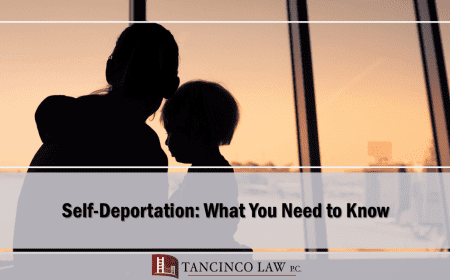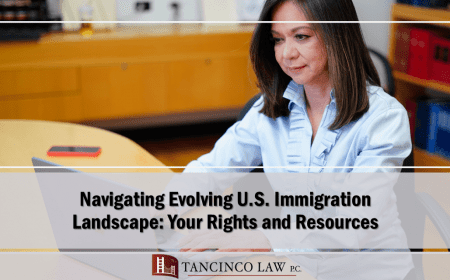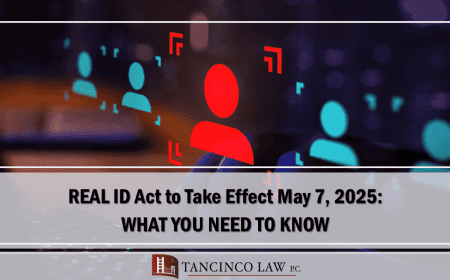The H-1B visa is a popular choice for U.S. work visas, allowing individuals to work in specialty occupations. However, due to the high demand, many applicants do not secure an H-1B visa through the annual lottery. If you weren’t selected in the H-1B Cap Lottery for Fiscal Year 2025, which closed on March 25, 2024, and announced results on April 1, 2024, there are still several viable alternatives to explore.
1. H-1B Work Authorization for Cap-Exempt Employers
Not all H-1B employment falls under the annual cap. Certain employers can file cap-exempt petitions at any time, including:
- Institutions of higher education or affiliated nonprofit entities
- Nonprofit research organizations
- Government research organizations
Additionally, cap-subject employers can hire H-1B visa holders who also work for a cap-exempt employer, provided they maintain their cap-exempt employment throughout the H-1B validity period.
2. F-1 Work Authorization Options
International students in the U.S. might extend their employment authorization through Optional Practical Training (OPT):
- Non-STEM graduates can receive up to 12 months of work authorization post-graduation.
- STEM graduates can receive up to 36 months of work authorization, provided their employer is enrolled in E-Verify.
Another option is enrolling in a new university program to work under F-1 Curricular Practical Training (CPT). However, this route carries risks, including potential requests for additional evidence in future H-1B petitions. It’s crucial to thoroughly research and maintain documentation of your student status.
3. Dependent Work Authorization Tied to a Spouse’s Employment
Spouses of visa holders such as E-2, E-3, H-1B, and L-1 may be eligible for work authorization:
- Spouses of E and L visa holders are automatically authorized to work as indicated on their I-94 document.
- Spouses of H-1B visa holders (H-4 visa) can work if the H-1B holder has reached a significant milestone in the green card process and the H-4 spouse has applied for an Employment Authorization Document (EAD).
4. Country-Specific Visa Categories
Citizens of countries with specific trade agreements with the U.S. can benefit from specialized work visas:
- TN visas for Canadians and Mexicans in specified professional occupations.
- H-1B1 visas for Chileans and Singaporeans in specialty occupations.
- E-3 visas for Australians in specialty occupations.
These visas typically do not lead directly to green cards, so continuing to enter the H-1B lottery is advisable for long-term U.S. residency.
5. E-1/E-2 Visas for Treaty Traders & Investors
Nationals from countries with U.S. treaties can apply for E-1 (treaty trader) or E-2 (treaty investor) visas. These visas apply to executives or specialized employees of companies with the same nationality as the applicant. However, like other visas, they don’t directly lead to green cards, so participating in the H-1B lottery is still recommended.
6. O-1 Visa for Individuals with Extraordinary Ability
Individuals with exceptional talent in sciences, education, arts, business, or athletics may qualify for an O-1 visa. This category includes specific provisions for PhDs in STEM fields. Similar to other alternatives, this visa doesn’t provide a clear path to a green card.
7. L-1 Visa for Intracompany Transferees
Employees of international companies with U.S. branches might qualify for an L-1 visa if:
- The U.S. and foreign entities have a qualifying relationship.
- The applicant has worked for the foreign entity for at least one year in the past three years.
- The employment is in a managerial or specialized knowledge role.
8. Green Card Options
Though not an immediate solution, applying for a green card can lead to long-term U.S. work authorization. Some categories allow self-petitioning without employer sponsorship:
- EB-1 for individuals of extraordinary ability, requiring proof of sustained acclaim.
- EB-2 with a National Interest Waiver for individuals with advanced degrees or exceptional abilities, demonstrating that their work benefits the U.S.
By understanding these alternatives, individuals not selected in the H-1B lottery can still find viable paths to work and remain in the U.S.




